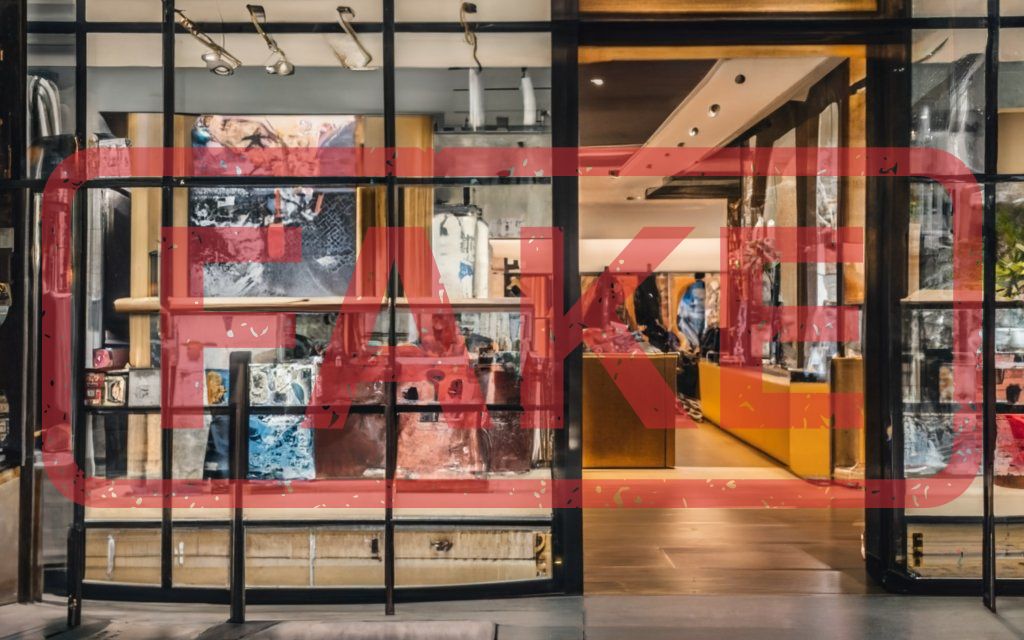
In a significant move against the counterfeit market, the Delhi High Court imposed a hefty penalty of 5 lakh on a trader found guilty of peddling imitation Louis Vuitton items. This landmark decision reflects the judiciary’s commitment to protecting intellectual property rights and sends a strong message to those engaged in the illegal trade of counterfeit luxury goods. While this legal crackdown aims to curb the proliferation of counterfeit products, it raises important questions about the fate of buyers who innocently purchased from sellers.
The brand alleged that despite the directive order of September 2021, Javed Ansari was selling counterfeit Louis Vuitton products at least till September 2022 capitalizing on the brand’s global reputation for luxury and style. The Delhi High Court, upon thorough examination of the evidence, not only deemed the trader’s actions illegal but also levied a substantial penalty as a deterrent against future occurrences.
Luxury Brands invest significant resources in maintaining the exclusivity and authenticity of their products. Counterfeits not only dilute the brand’s image but also lead to financial losses and erode consumers’ trust. The Delhi High Court’s decision serves as a crucial step in protecting the integrity of well-established brands like Louis Vuitton.
The substantial penalty imposed by the Delhi High Court is likely to reverberate through the counterfeit market. Traders dealing in fake luxury goods may think twice before engaging in such practices, considering the potential legal consequences. This, in turn, contributes to a more secure and authentic marketplace for consumers.
In the wake of this legal development, the importance of consumer education cannot be overstated. Recognizing the signs of counterfeit products, and understanding the purchasing from authorized sellers. As consumers increasingly turn to online platforms for their shopping needs, the ability of sellers to craft persuasive and sophisticated product descriptions becomes a potent tool for deception. In this case, the trader in question employed the art of language to present counterfeit Louis Vuitton in ammer that seemed indistinguishable from the authentic ones.
Buyers who fell victim to this trader’s deceptive practices, despite the apparent eloquence of the seller’s description, now find themselves caught in the crossfire of legal consequences.
The legal system often provides consumer protection measures, especially for those who unknowingly fall victim to deceptive practices. Buyers may need to explore these avenues to seek restitution or compensation for their losses, emphasizing the importance of understanding their rights in such cases.
As a part of the aftermath, there is a growing need for educational initiatives to inform consumers about the risks associated with counterfeit goods. Understanding how to identify authentic products, verifying sellers’ credentials, and recognizing red flags in online transactions are critical aspects of consumer education that can help prevent future instances of unwitting involvement in fraudulent activities.
The Delhi High Court’s decisive action against the trader involved in selling fake Louis Vuitton products raises important questions about the fate of buyers. As legal proceedings unfold, consumers must be aware of their rights, seek legal guidance, and actively engage in initiatives that promote awareness and prevention in the fight against counterfeit commerce. The aftermath of this case serves as a stark reminder that in the evolving landscape of online transactions, consumer vigilance is paramount.

